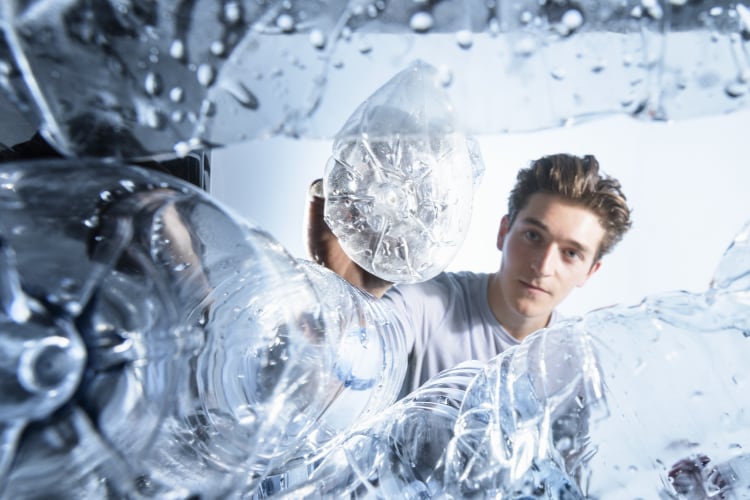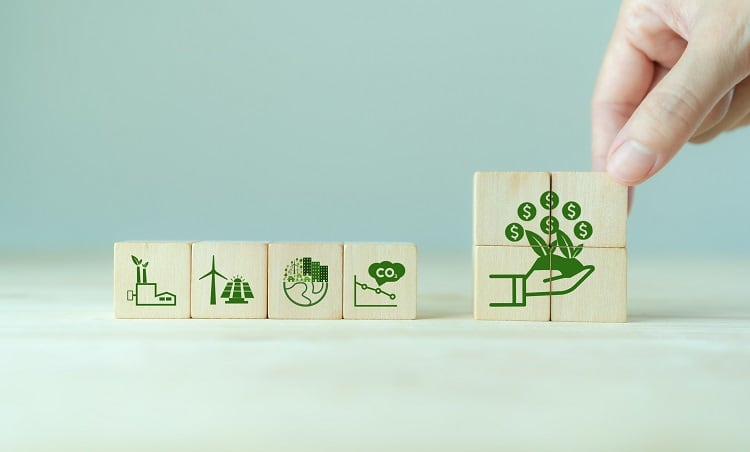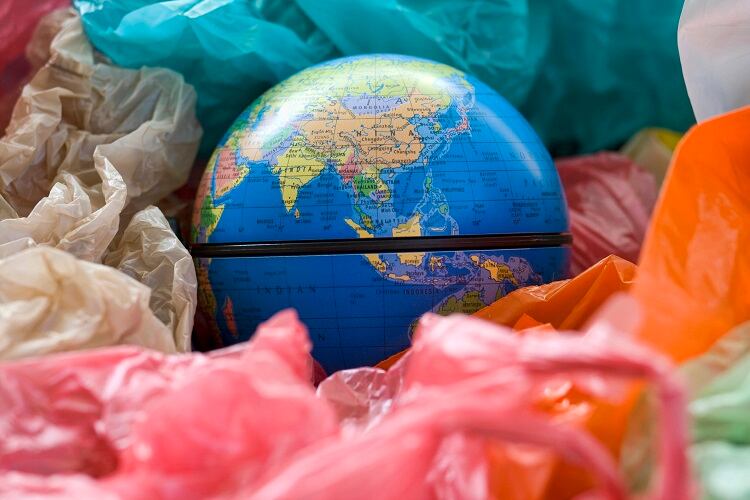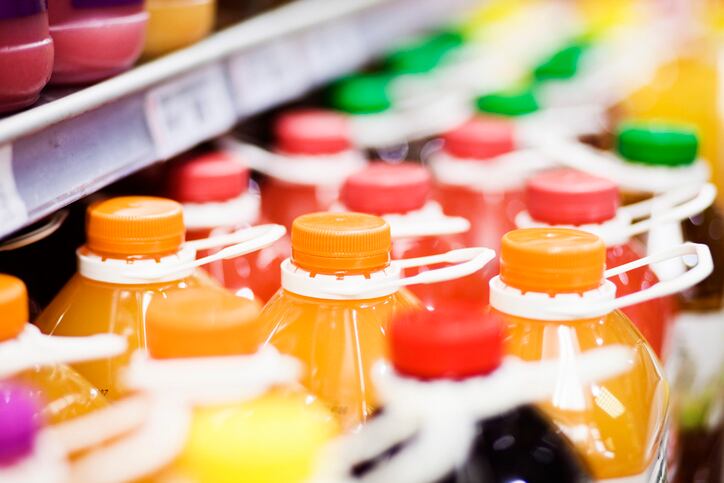Nestlé Waters announced earlier this month that its Buxton mineral waters now use 100% rPET for its bottles, excluding caps and labels.
The company said this was an important development in Nestlé’s journey to cut its use of virgin plastics by one-third by 2025 and Nestlé Waters’ ambition to be carbon neutral by 2025. As a group, the Swiss food and beverage giant has set a target to reach net zero emissions by 2050.
Speaking to FoodNavigator, Nestlé Waters UK Head of Corporate of Affairs and Sustainability Hayley Lloyd House, said that the achievement was the culmination of years of work to close the plastics loop and transition towards fully recycled material.
“It hasn't been an easy journey and it hasn't happened overnight. It has been a long-term agenda of ours,” she said, reflecting that Nestlé Waters set out its first public commitment in 2018 when it started making bottles with 20% rPET. “That was the first time we'd externalised our goal of closing the recycling loop,” she recalled.
rPET for product quality and safety
The Buxton bottles are made using high-quality food grade rPET. This keeps Buxton’s natural mineral water ‘pure, crisp, refreshing [and] safe’.
“It has been many years; a long journey to get here. Ensuring quality is our priority,” Lloyd House stressed.
Nestlé Waters has taken a cross-functional approach to increasing the amount of rPET in its bottles. “Over the years there has been a variety of different types of investment, from technical expertise internally, from the procurement point of view, from a packaging technology point of view, from a quality point of view. Because fundamentally the quality of the packaging and protecting the natural waters within is our priority,” we were told.
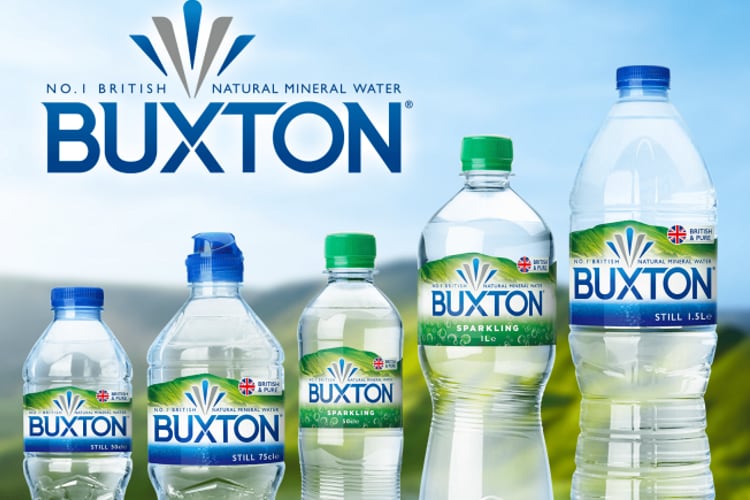
Working with rPET does present some functional challenges and it is ‘fair’ to call out the colour of the material as an issue, Lloyd House conceded, with rPET not quite delivering the same transparent finish as virgin plastic.
“The material has improved since 2018 as [waste management] companies are becoming more experienced and their processes are changing… Our bottles haven't significantly changed but yes if you stand a bottle made with virgin PET next to one made with rPET you will see a very slight difference. But our whole range, all of our bottles, are made of recycled PET so they all look the same... The future is closing that recycling loop.”
The journey isn’t over: Local sourcing and better UK recycling rates
Currently, the rPET used in Buxton’s water isn’t sourced in the UK. The company procures its rPET for use in the UK from Europe.
“Sourcing high-quality material can be a challenge... Right now, we are having to source the recycled PET from outside the UK because we can't get the quality that we need,” she said.
Nestlé Waters would like to stimulate onshore rPET production rates in the UK.
To this end, Buxton is working alongside waste management firm Biffa to help ensure a future UK supply of high-quality food grate rPET. Through this partnership, Nestlé Waters UK said it hopes to ‘lead the shift’ to using rPET for its packaging that is made in the UK from PET collected and recycled onshore.
“We are very proud and pleased that we are still working with Biffa. That partnership is a great opportunity to share knowledge, what otherwise would be quite sensitive information, and share expertise.”
This will rely on increasing recycling rates in the country. According to data from RECOUP (RECycling of Used Plastics Ltd.), in the 12 months to March 2020 the UK rate for bottle recycling stood at 59%. That’s ‘not where we want them to be’, Lloyd House said insisting ‘we need them to be higher’.
Lloyd House says Nestlé Waters UK is advocating for the adoption of a nationwide Deposit Return Scheme to foster increased recycling rates in the country. She explained this would deliver on both improved material quality as well as quantity, with bottle-for-bottle recycling boosting the quality of material going back into the loop.
“The long-term goal is to close the loop. We need to work together as an industry to improve the quality, not only the quality, of the material.
“We have been open in our support for Deposit Return Schemes and a UK-wide approach to that because it allows the material to be segregated. Hopefully there is a greater incentive for consumers to do the right thing and encourage them in that behaviour.”
In order to support and encourage behaviour change at a consumer level, Buxton is also planning a communications campaign to boost recycling rates. This summer, the brand will be asking consumers to ‘Rise Up and Recycle’ in an on-pack and digital campaign.

